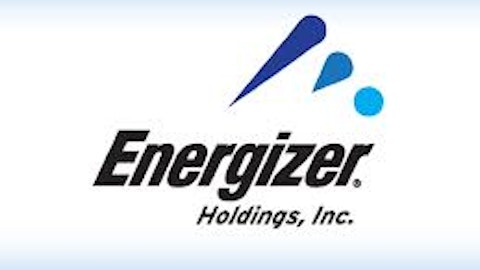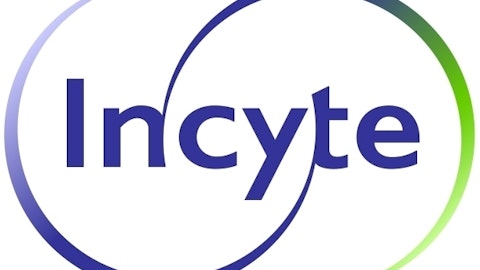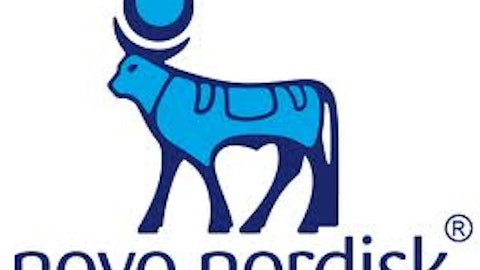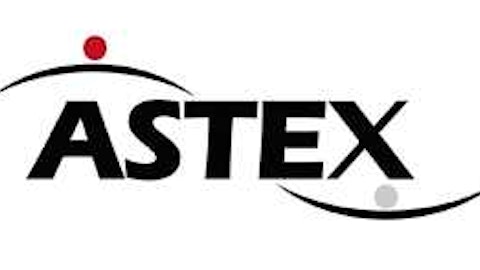
Here are three health-care companies ready to capitalize on growth opportunities by looking for acquisitions and regulatory approval for their drugs, which will, in-turn, generate further growth opportunities.
How will the acquisition strategies and approvals drive the growth of these companies further and build investors’ faith?
Regulatory approval for the drugs should enhance future revenue
After receiving FDA and European Union approval for its new anti-clotting drug, “Eliquis,” Pfizer Inc. (NYSE:PFE) and its partner, Bristol-Myers Squibb, recently announced that the Supplemental New Drug Application for this drug has been accepted by the FDA for review. When taken, this drug helps to prevent venous thromboembolism, or VTE, and reduces the chance of deep vein thrombosis, or DVT, a blood clot in veins, and pulmonary embolism, a blood clot blocking the main artery of the lung, in adult patients who have undergone hip or knee replacement surgery.
Pulmonary embolism is dangerous and can be fatal. VTE is prevalent in nearly 40%-60% patients who have undergone orthopedic surgery. Pfizer Inc. (NYSE:PFE) expects the Eliquis alliance will build its presence in the global market.
In November 2012, Pfizer Inc. (NYSE:PFE) received the approval for “tofacitinib” to treat rheumatoid arthritis, or RA, patients in the U.S under the brand name “Xeljanz.” This drug recently received approval in Switzerland, the first European country for Xeljanz. Looking at the further growth opportunities, it plans to launch this drug in Japan this month with approval from the Japanese Ministry of Health, Labor, and Welfare.
Xeljanz is under regulatory review in more than 30 other countries. To enhance its market and awareness of this drug in Japan, the company partnered with Takeda Pharmaceutical Company. Moreover, RA affects more than 23.7 million people globally and Pfizer Inc. (NYSE:PFE) expects to grab this opportunity, boosting Xeljanz sales to $176 million this year and $482 million next year from $6 million last year.
Acquisition generating further growth opportunities
Johnson & Johnson (NYSE:JNJ) recently announced that it will acquire Aragon Pharmaceutical, a pharmaceutical discovery and development company focused on developing drugs to treat hormone-driven cancers, for $1 billion. With this acquisition, Johnson & Johnson (NYSE:JNJ) will gain control of Aragon’s most advance compound, ARN-509, which will help it further enhance its prostate cancer drug development.
ARN-509 is the second-generation androgen receptor, which is currently under Phase-II development, and will help JNJ’s ZYTIGA® to treat prostate cancer patients more efficiently. Prostate cancer is the main area of focus for Johnson & Johnson (NYSE:JNJ), and by adding ARN-509 in its portfolio, it expects total revenue of $1.53 billion this year from $961 million last year.
The company’s immunology segment reported year-over-year revenue growth of 16.8% to $2.24 billion, led by “Remicade,” which displayed growth of 9.8% to $1.68 billion in the second quarter. The other drugs “Simponi” and “Stelara” have shown strong growth of 40% and 50%, respectively. Remicade has performed well in Canada and emerging markets, where its revenue grew 20%. Looking at this growth, it is further planning to enhance its market share in emerging markets.





